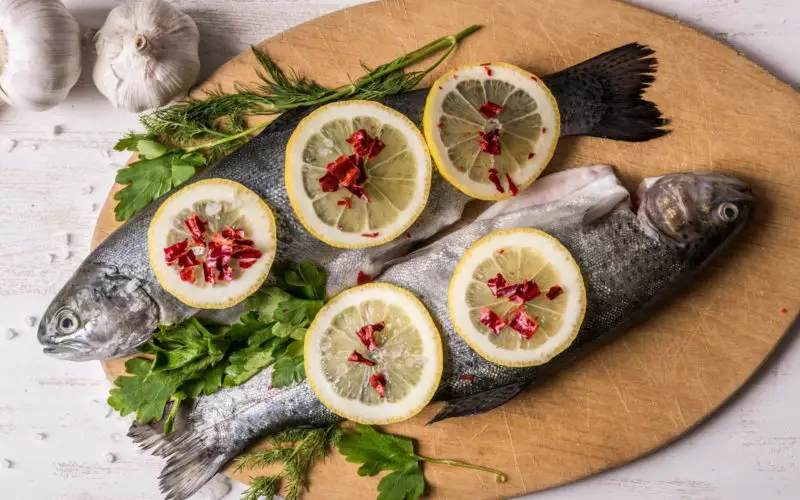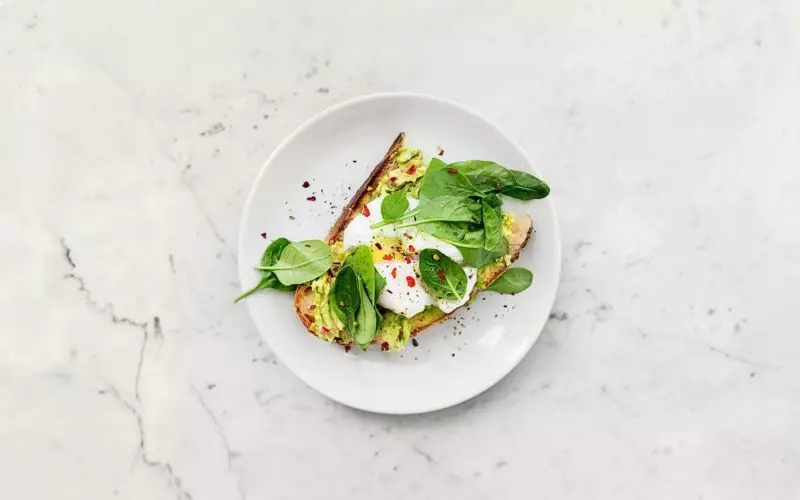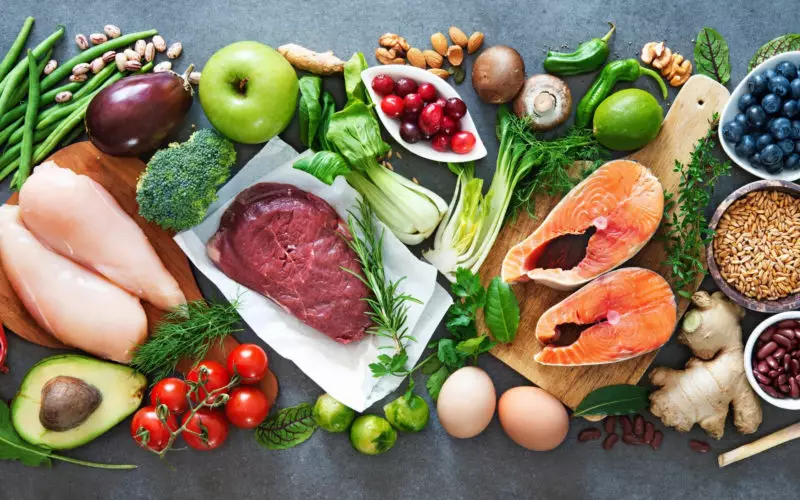
Did you know that nonalcoholic fatty liver disease (NAFLD for short) affects up to 1 in every 3 people on a global scale? [1] These disturbing statistics suggest a chronic liver disease epidemic, which is also associated with high rates of obesity, type 2 diabetes, and heart disease.
Mediterranean diet includes mainly whole foods and focuses on plant-based eating with occasional consumption of dairy products, eggs, meat, and poultry. Fish and seafood are preferred protein sources for this diet, and extra virgin olive oil is the GO TO cooking oil.
Let’s get started!
What is fatty liver
Nonalcoholic fatty liver disease (NAFLD) is one of the most common chronic liver diseases which may cause a wide variety of symptoms and liver damage (including cirrhosis.) The two main risk factors for NAFLD development are inflammation and oxidative stress (usually caused by free radicals damage). [2] Health conditions associated with NAFLD are type 2 diabetes and obesity, as well as heart disease. [3]
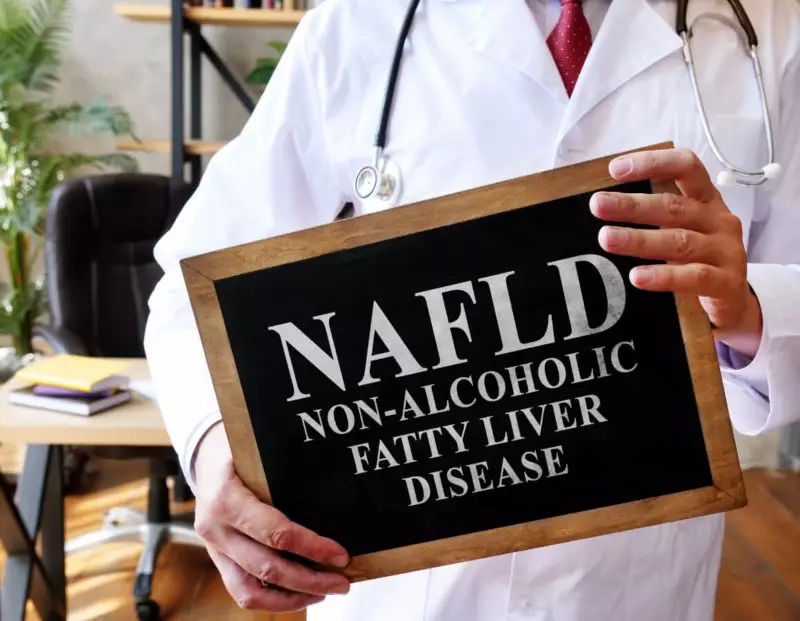
Unfortunately, there is no medicine or medical therapy approved to treat fatty liver disease. Saying that, the most commonly recommended treatment plan suggested by healthcare providers is adopting lifestyle modifications [4]:
- Weight loss 5-7%
- Diet
- Exercise
Mediterranean diet for liver disease
The typical Mediterranean diet is low in animal protein (meat, poultry, dairy products, eggs), saturated fats (e.g., shortening, butter, animal fat, coconut oil) and is high in fiber, antioxidants, and healthy fats (olive oil, unrefined vegetable oils, fish and seafood) including omega-3 and 6 fatty acids.
Also, evidence suggests that adopting Mediterranean diet in the early stages of NAFLD may improve the health condition and wellbeing of patients by helping them achieve healthy weight loss. [6]
But what does green-Mediterranean diet mean? Generally, this is slightly modified Mediterranean diet, with lower consumption of red and processed meat, and enriched with higher consumption of:
- Vegetables
- Walnuts (28 grams)
- 3-4 cups green tea per day
- 100 grams of Mankai (aquatic green plant) green shake
- Other green foods high in polyphenols (antioxidants)
Keep in mind that even though Mediterranean diet seems to be promising for NAFLD, more research is needed before this diet becomes a general recommendation for this health condition. [8] Speak to your healthcare provider to get advice on whether you should “go Mediterranean” or other lifestyle/diet changes are more suitable for you.
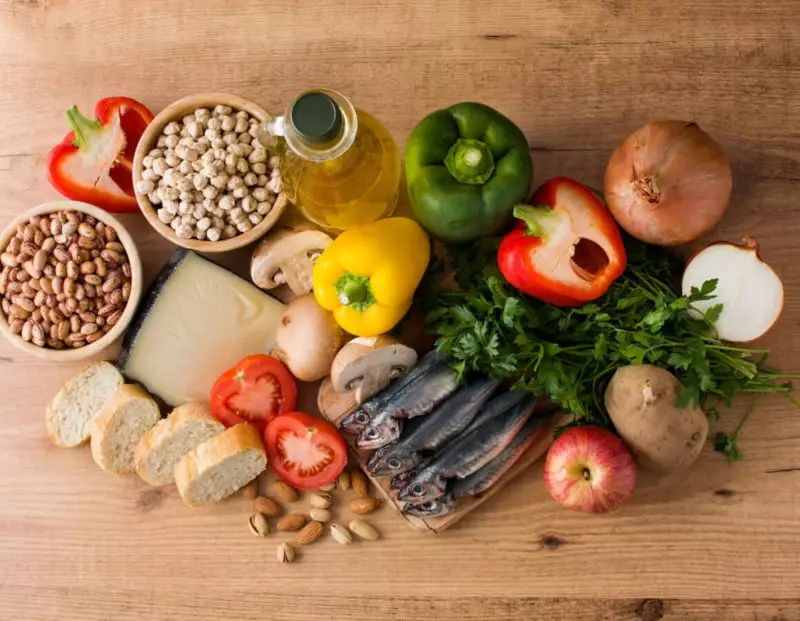
Mediterranean diet food list
Talking about the typical Mediterranean diet, let’s see what foods this eating plan includes [9]:
- Vegetables
- Fruits
- Whole-grain foods, including pasta, bread, rice
- Legumes
- Nuts
- Herbs and Spices
- Olive oil
- Choosing healthy oils over saturated fats. This means choosing extra virgin olive oil and unrefined vegetable oils (e.g., sesame, canola, walnut oil) over saturated fats (butter, margarine, shortening, beef fat, coconut oil).
- Consuming fish at least 2 times weekly.
- Drink water instead of caloric, sweetened beverages
Foods to eat in moderation are:
- Limiting red/processed meat consumption to a few times a month
- Eating poultry, eggs, and dairy foods in small portions daily or a few times a week
- Limiting processed and packaged foods to a minimum
*There is no set standard for calorie or macronutrient consumption. Yet, various sources suggest guidelines for Mediterranean diet macros intake.
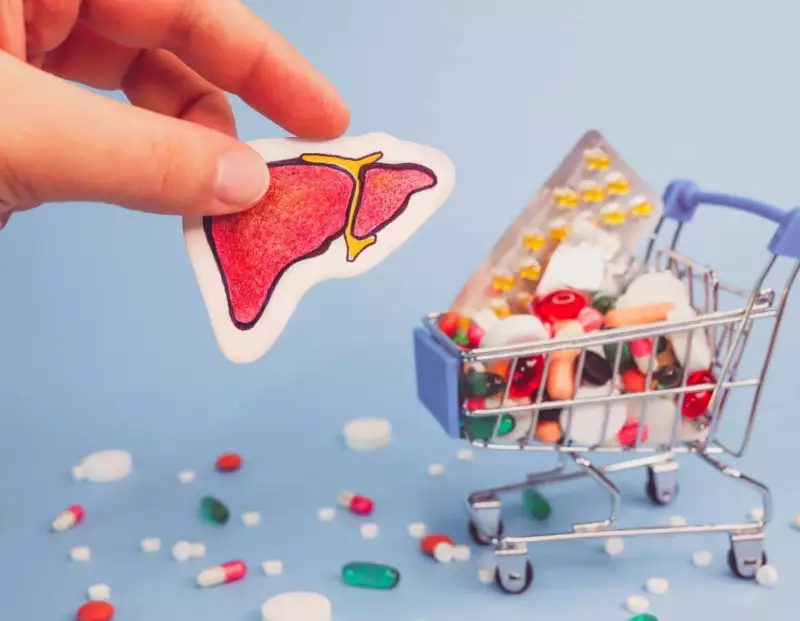
How to stick to Mediterranean diet?
Sometimes it can be hard to stick to Mediterranean diet. Evidence suggests that the main barriers could be life stressors, social environment, need for convenience foods, current dietary habits, and lack of understanding about the significance of NAFLD. [10]
Identifying the factors that trouble the adoption of Mediterranean diet for you is important in order to minimize their influence. Furthermore, nutrition knowledge and family support could be of great help to comply with your diet. Other actions you can take are:
-
Start with one change at a time and gradually accumulate them. For example, start with substituting saturated oils with unsaturated ones; include more vegetables in every meal you have; choose fish instead of red meat; opt for plant proteins; drink water instead of soda.
-
Keep in mind your health is at stake. Realizing the importance of lifestyle changes for NAFLD can help you put more effort into adopting diet changes.
-
Remember that Mediterranean diet is flexible and delicious. You can eat all macros, including carbs, without calculating food amounts. You can also use different spices to enhance the taste of foods. This way, Mediterranean meals can be really enjoyable and not feel like you are on a diet.




